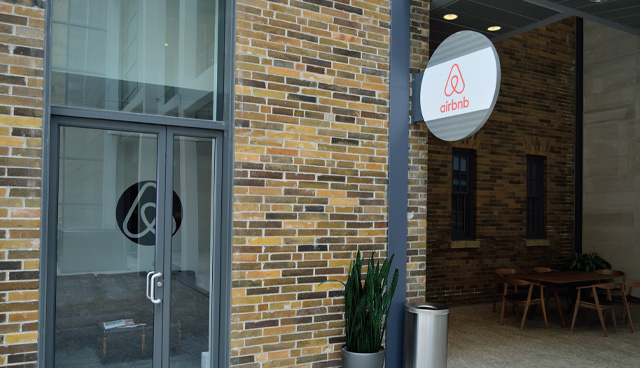
Our Housing Rights: Tackling the housing crisis disabled people face
4th July 2022
Airbnb challenge still live
4th July 2022Northern Ireland Private Tenancies Bill

Passed before the cessation of the last Northern Ireland Executive’s tenure, the Private Tenancies Bill seeks to protect the rights of private tenants by halting the increasing of rents more than once per year and extending notice to quit periods issued by landlords.
The Private Tenancies Bill, which passed through the final stage in the Northern Ireland Assembly on 15 March 2022, took effect from 5 May and seeks to protect private tenants from sudden homelessness by adjusting minimum notice to quit periods served by landlords. Under the Act, private landlords must provide tenants with: four weeks’ notice if their tenancy has been in existence for less than 12 months; eight weeks’ notice if their tenancy has been in existence for more than 12 months but less than 10 years; and 12 weeks’ notice if the tenancy has been in existence longer than 10 years.
Tenants are also required to provide their landlords with written notice of their intention to quit with four weeks’ notice if their tenancy has been in existence less than 10 years and 12 weeks’ notice if it has been in existence for more than 10 years. Deposits for tenancies will be capped at one month’s rent under the Act and rent increases will be capped at once per 12 months, with landlords unable to increase rent within the first 12 months of a lease.
The Minister for Communities Deirdre Hargey MLA said that the passage of the Bill would ensure “safety, security and standards within the private sector”.
“Protecting tenants is a priority for me,” Hargey said. “I have consistently stated my determination to ensure all rents are fair and tenants are protected in their homes. I will ensure we build further on the rent controls already secured. This bill will deliver important protections with more reform to come.”
The Bill will also introduce a minimum Energy Performance Certificate rating, which will mean that homes that do not reach an as-yet-undefined rating will not be allowed to be let out. This provision, which mirrors a similar rule in England and Wales, is included with the aim of tackling fuel poverty as it is hoped that higher energy efficiency ratings will mean that renters can better afford to heat these properties.
The Bill has been criticised by People Before Profit MLA Gerry Carroll as a “missed opportunity”. Carroll’s proposed amendment of a 10 per cent rent cut for every private renter in Northern Ireland originally passed an oral vote in the Assembly, before it was overturned. Hargey defended the Bill as the “beginning of private rented sector reform”: “I have laid the foundations and further work is a priority for the department.”






